Harris, Trump committed to dominance strategy, fail to address Americans’ concerns: Activist
An American political analyst believes both Democratic US Vice President Kamala Harris and her Republican rival and former president Donald Trump are still committed to the national security strategy of "full-spectrum dominance", noting that neither of the two candidates could address the real concerns and interests of the majority of the people in the United States.
Ajamu Baraka, organizer and spokesperson for the Black Alliance for Peace, a human rights project against war, repression, and imperialism, made the remarks in an interview with Press TV’s The Debate program on Wednesday, after the two candidates held their first fiery presidential debate for the November 2024 election.
“Trump suggests that he can maintain US dominance through negotiations. It is quite clear that the Democrats are still committed to trying to maintain US hegemony through the use of military forces. But in either case, this inability to understand the world as it is today, that the US no longer has the ability to just impose itself on peoples and nations around the world, is a very troubling reality. And I’m hoping that either one of these administrations will tackle that issue, but I know the reality is that they’re not going to be able to do that,” Ajamu said.
“They are on a course of action that unfortunately … unless there is a counter force, a third force, if you will, a third or fourth party that emerges, that takes the country to a different direction, it seems to me that the policies of both parties are not going to address the real concerns, needs and interests of the vast majority of the people in the US,” he added.
The political analyst went on to say that people in the US feel that they are in fact in a very “precarious” financial situation and that there is “real anxiety” as they have been hit hard with inflation.
He also said neither of the candidates really addressed this issue, expressing hope that there would be “a possibility of a recalibration of the policies that impact the people and primarily the US working class people.”
Ajamu further noted that people need to be aware of the fact that there’s not more than two parties in this election race, stressing that other parties such as the Green Party or the Libertarians are not allowed to present their positions to the American people.
“It has been predetermined that the only two parties that have any kind of legitimacy are the two parties that we saw debating tonight. This monopoly of the two party system is one of the major elements that many people argue is the reason why we have such a narrow, constraint and almost illegitimate so-called democracy in the US,” he said.
Touching upon Israel’s ongoing genocidal war on the besieged Gaza Strip, Ajamu stated that unfortunately for Palestinians, there will be “no fundamental difference” in the postures of either the Harris administration or the Trump administration vis-à-vis Palestine.
“For Palestinians unless there is massive opposition in places like Western Europe, in the US, in opposition to the continuous support of the Zionist regime in Israel, the policies are going to continue. There will be continuation of support for Israel, there will be a continuation of the assertion that this occupying power called Israel has some kind of right to defend itself against an occupied and oppressed people,” he said.
Ajamu further emphasized that Israel does not have the right of self-defense in international law and on the contrary, the “Zionist apartheid” entity has a responsibility under the Geneva conventions to address the human rights of the people that they are occupying and that “those occupied people, they have a fundamental right to engage in collective residence.”
On Tuesday, Harris and Trump called each other liars and traded barbs over a host of issues including abortion, immigration, and the US economy. The debate was hosted by ABC News and was moderated by “World News Tonight” anchor David Muir and “ABC News Live Prime” anchor Linsey Davis.
The presidential candidates also leveled accusations at each other about their approach toward foreign policy and their personal dealings with foreign nations.
Iran urges IAEA Governors Board to oppose E3’s anti-Iran resolution
Nov. 20: ‘Axis of Resistance’ operations against Israeli occupation
VIDEO | Iran celebrates National Hero Day, honoring Martyr Qassem Soleimani
VIDEO | Ethiopia-Somalia tensions worsen following port deal signed between Addis Ababa, Somaliland leaders
VIDEO | Iran commemorates martyrs on National Heroes Day
VIDEO | Press TV's news headlines
VIDEO | Iran-IAEA relations
Senior diplomat vows Iran will serve ‘decisive, immediate’ response to potential IAEA resolution


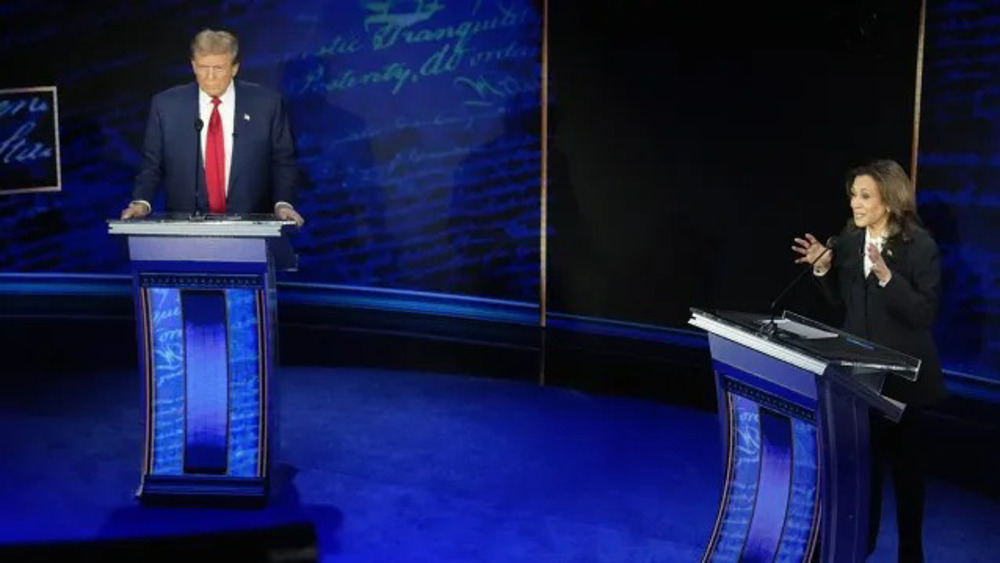
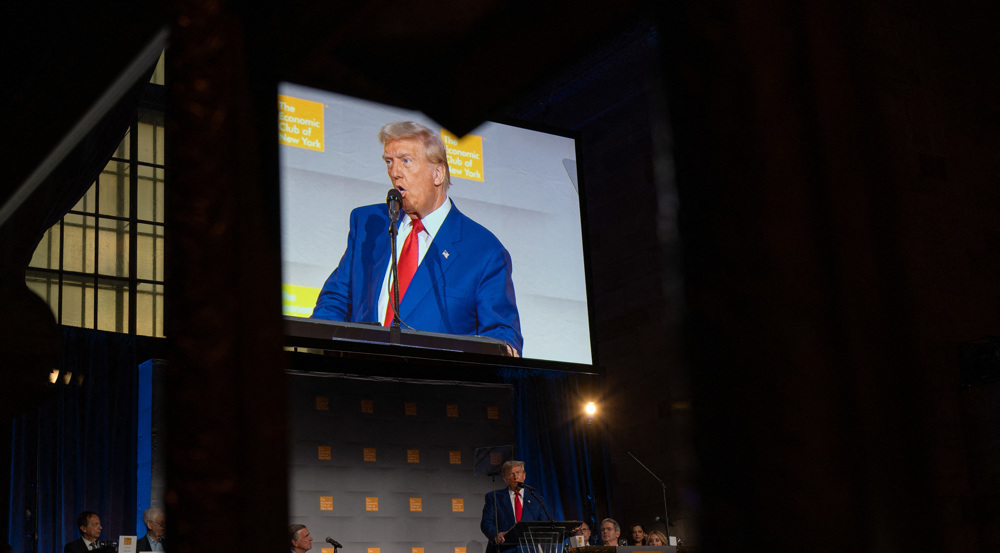
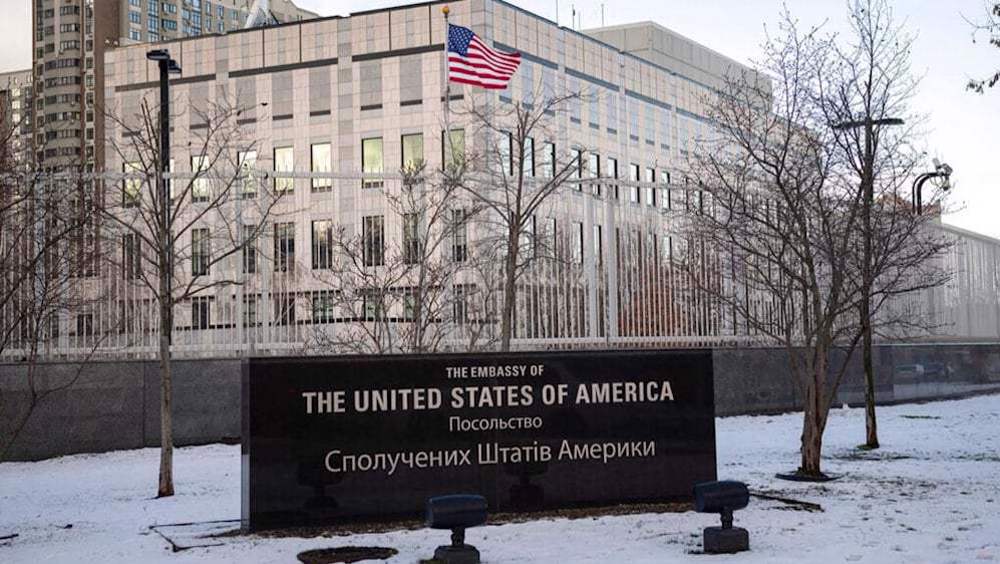
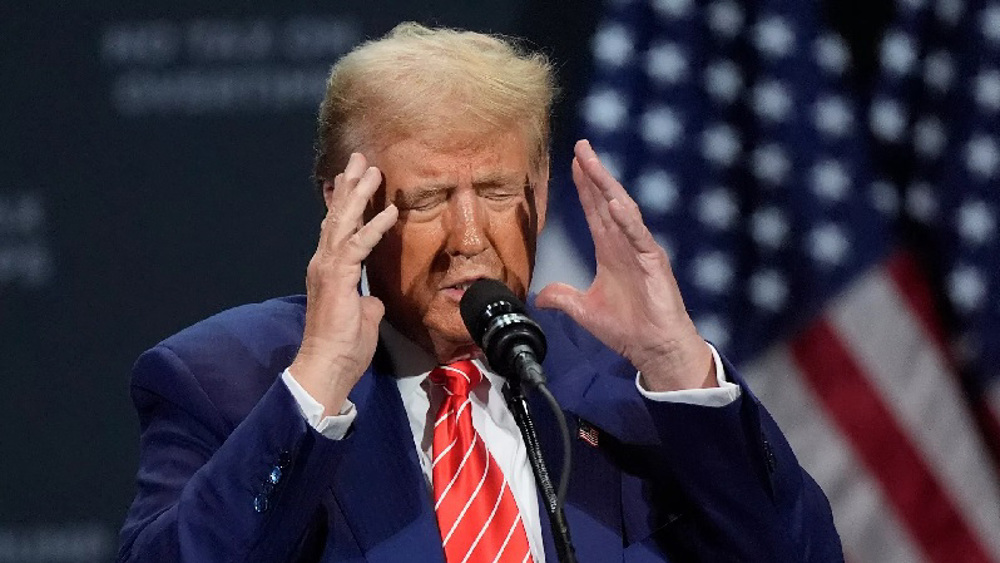




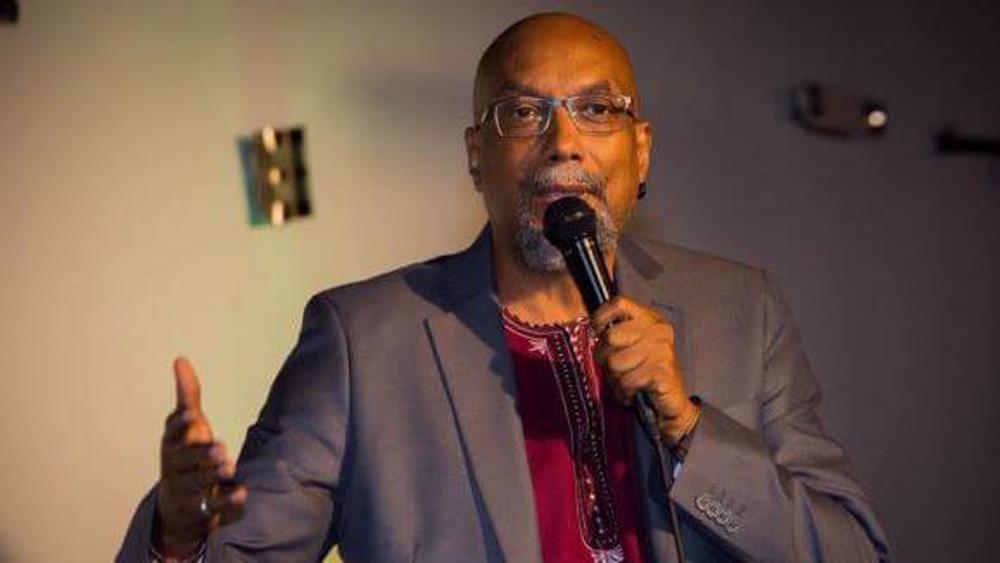
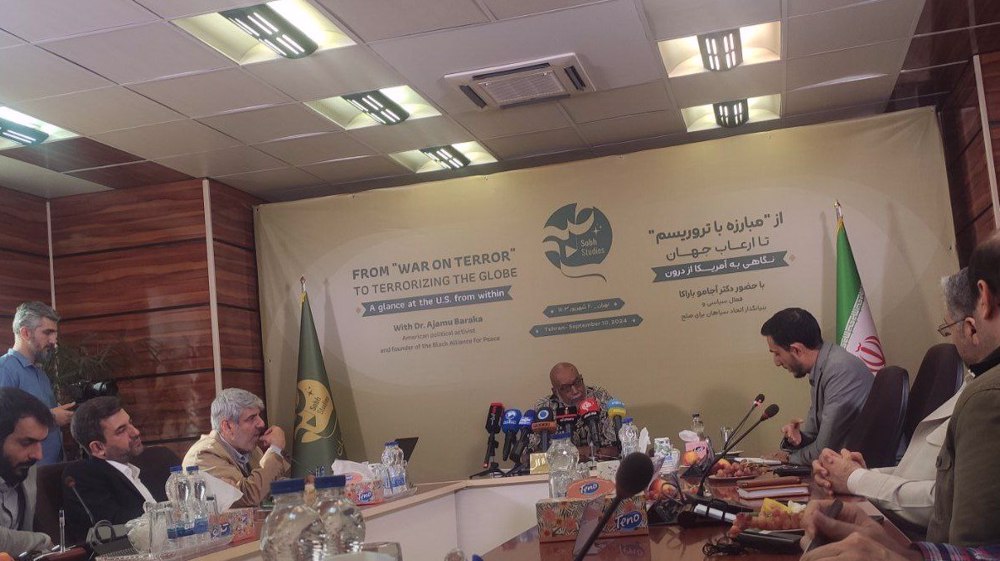

 This makes it easy to access the Press TV website
This makes it easy to access the Press TV website